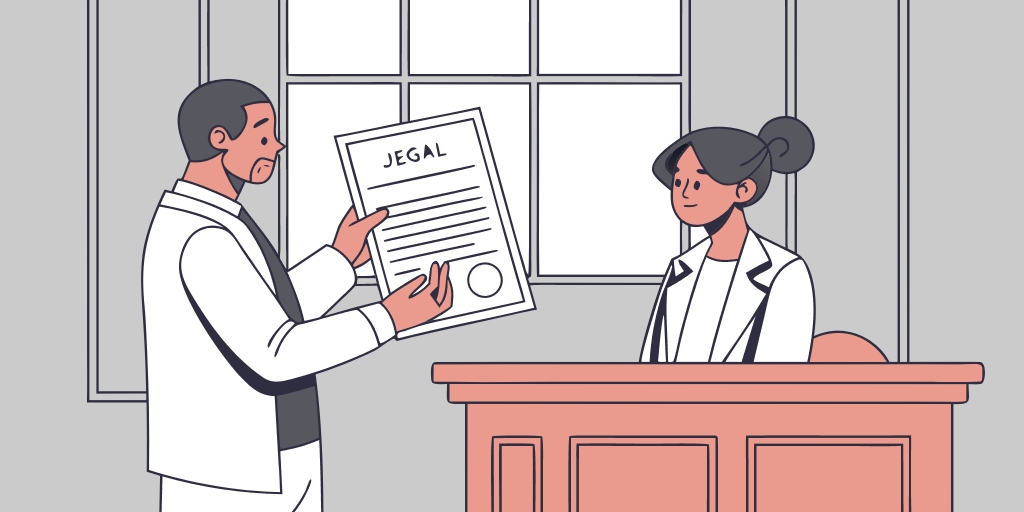Toronto just rolled out a major new rule that's shaking up the rental game. Starting July 31, 2025, landlords can't just kick out tenants for renovations anymore without jumping through some serious hoops. The city's new Rental Renovation Licence Bylaw is designed to stop "renovictions" - those sketchy evictions where landlords claim they need to do major work but really just want to jack up the rent.
But like most new rules, this one has people on both sides of the fence feeling pretty different about it. Let's break down what this actually means for everyone involved.
What's a Renoviction Anyway?
Before we dive in, let's get clear on what we're talking about. A renoviction happens when a landlord tells tenants they have to move out for renovations, but the real goal is to get rid of current tenants so they can charge new ones way more money. Sometimes they barely do any work at all, or they do minor stuff that didn't actually require anyone to move out.
Between 2017 and August 2023, there were 950 N13 eviction notices filed in Toronto - that's the official form landlords use to evict for renovations. While we don't know exactly how many of these were bogus, tenant advocates say the problem has been getting worse as rent prices skyrocket.
How the New Rules Work
Here's the deal: starting July 31, 2025, landlords in Toronto will need a licence before starting repairs or renovations that require tenants to move out. It's not just a rubber stamp either - they have to prove they actually need to do this work.
The process looks like this:
- Pay up first: Each unit will require a licence and they will cost $700
- Get proper permits: Landlords need valid building permits before they can even apply
- Prove it's necessary: Landlords must also provide a report from a qualified professional, such as a licensed engineer or architect, confirming that the renovation work is extensive enough to necessitate a vacant unit
- Apply quickly: Landlords must submit their licence application within seven days of issuing the N13 notice to tenants
- Support displaced tenants: They have to help with temporary housing or pay the difference in rent if tenants find their own place
The Good News for Tenants
Let's start with why tenant advocates are celebrating this as a huge win.
Real Protection from Fake EvictionsThe biggest benefit is obvious - it's going to be much harder for bad landlords to pull fast ones on tenants. "What this bylaw stops is fake evictions where a minor renovation is being used as an excuse, and this happens far too commonly," said Councillor Dianne Saxe. No more getting kicked out because your landlord wants to slap on some new paint and charge double.
Financial Support When You Do Have to MoveIf you legitimately need to move out for real renovations, landlords now have to help you out financially. If the landlord can't find a unit, the tenant must find their own replacement. The landlord must then fund a monthly "rent gap" payment based on the difference between your old rent and current market rates. Plus, landlords must give tenants a one-time moving allowance of $1,500 for a studio or one-bedroom unit or $2,500 for a two-or-more bedroom unit.
Right to Return at the Same RentHere's a big one - the tenant must be allowed to return to their unit after renovations at the same rent they paid before leaving. No more "surprise, your rent doubled while we installed new countertops."
Transparency and TrackingTenants and interested parties will be able to track the progress of renovations that have displaced tenants through a searchable online registry. You can actually see if your landlord is following through on their renovation promises.
The Downsides for Tenants
But it's not all sunshine and rainbows for renters. There are some potential drawbacks too.
Legitimate Renovations Might Get DelayedAll this paperwork and red tape might slow down real renovations that buildings actually need. Older buildings in Toronto desperately need updates, and if landlords get bogged down in bureaucracy, important repairs might get pushed off.
Costs Could Get Passed AlongWhile landlords can't directly charge tenants for the $700 licensing fee, these costs (plus all the professional reports and extra paperwork) might influence future rent increases or make landlords less willing to do needed maintenance.
Not a Magic SolutionThis bylaw only covers renovictions - it doesn't help with other forms of tenant displacement or the broader affordability crisis. If we had real rent control for all buildings, not just the ones that are built before 2018, we probably wouldn't need to do this, as Mayor Olivia Chow pointed out.
The Landlord Perspective: What's Good
Now let's flip the script and look at how property owners might actually benefit from these rules.
Clear Guidelines and ProcessInstead of navigating a gray area, landlords now have a clear roadmap for legitimate renovations. If you're doing real work that actually requires vacant units, you know exactly what steps to follow and what documentation you need.
Protection from Unfair CompetitionGood landlords who play by the rules have been competing against bad actors who use fake renovations to jack up rents. This levels the playing field by making everyone follow the same standards.
Relationship Building with Good TenantsIf you're a landlord who wants to keep quality tenants long-term, being able to prove you're following proper procedures for necessary renovations can actually build trust and goodwill.
The Challenges for Landlords
But let's be real - most landlords aren't thrilled about these new requirements, especially smaller property owners.
Significant New Costs "It has more effects on smaller landlords, by making legitimate renovations more costly," noted one community member. Between the $700 licensing fee, professional reports, permits, and potential legal fees, even legitimate renovations just got a lot more expensive.
Complex Bureaucracy The process isn't simple. "Laws continue to make it burdensome, emotionally and financially, for mom and pop small landlords," as another landlord pointed out. Small property owners often don't have property management companies to handle all this paperwork.
Severe Penalties for Mistakes Fines for non-compliance include up to $1,000 for failure to submit a licence application within seven days of issuing an N13 notice, up to $10,000 per day for continuing offences, and up to $100,000 for evicting tenants without completing renovations. One paperwork mistake could be financially devastating.
Timing Pressures The seven-day application deadline is tight, especially for smaller landlords who might need time to get professional assessments and gather documentation.
The Bigger Picture
This bylaw is part of a bigger trend across Ontario. Hamilton, Ontario which took effect in January 2025 pioneered this approach, and cities like St. Catharines, Guelph, and Owen Sound have announced plans to consider creating their own bylaws.
The effectiveness will really depend on implementation. Cities like New Westminster, BC saw dramatic results - "they saw the amount of renoviction applications drop, I think, close to zero" after implementing similar rules.
What This Means Going Forward
Toronto's expecting about 160 licensing applications in the first year, which gives us a sense of the scale. City Council mandated continuous oversight and will receive a comprehensive report in 2027 to see how well it's working.
For tenants, this represents real protection against one of the most stressful and unfair practices in the rental market. For good landlords, it provides clear rules and protects them from unfair competition. For bad actors, it makes renovictions much harder and more expensive to pull off.
The real test will be whether the city can strike the right balance - protecting tenants without making legitimate property maintenance so burdensome that it hurts the overall rental market. The success of this regulation will likely depend on its balanced implementation and the city's ability to distinguish between necessary renovations and opportunistic evictions.
One thing's for sure though - the days of easy renovictions in Toronto are over. Whether you're a tenant or a landlord, these new rules are going to change how renovation evictions work in this city. The key is understanding your rights and responsibilities under the new system and working within it fairly.
Time will tell if this bylaw achieves its goals of protecting tenants while still allowing necessary building improvements. But for now, it represents the strongest tenant protection against renovictions that Toronto has ever had.
Unlock Your Seamless Closing Experience
Your Journey to a Worry-Free Closing Starts Here!



